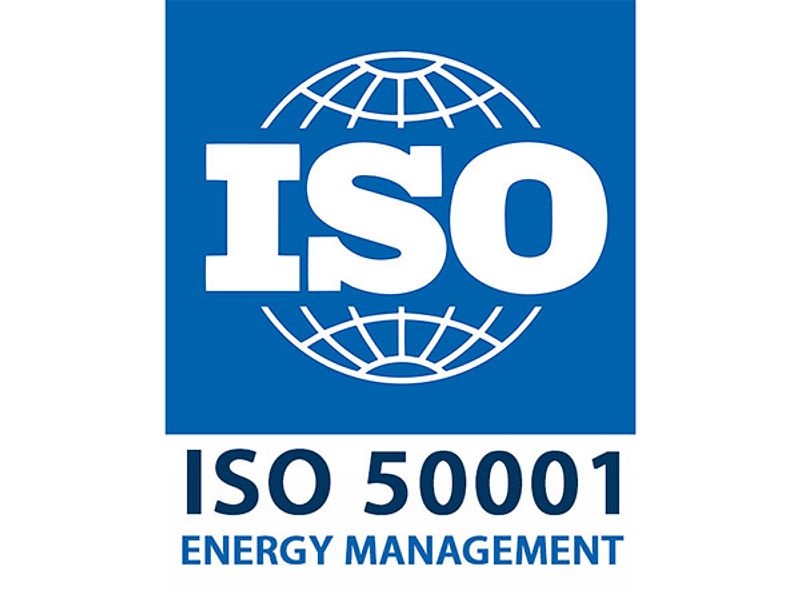
Unleashing Potential: Navigating the Realm of Advanced Energy Management
In the pursuit of sustainable and efficient energy consumption, the paradigm of energy management has evolved, giving rise to advanced strategies that optimize usage and reduce environmental impact. This article delves into the realm of advanced energy management, exploring the transformative strategies that are reshaping the way we harness and utilize energy resources.
Smart Grid Technology: Revolutionizing Energy Distribution
At the core of advanced energy management is the implementation of smart grid technology. Smart grids leverage digital communication and automation to enhance the efficiency and reliability of energy distribution. Through real-time monitoring and data analytics, smart grids empower utilities and consumers alike to make informed decisions, leading to more resilient and responsive energy systems.
Energy Storage Solutions: Mitigating Intermittency Challenges
One of the challenges in renewable energy integration is intermittency. Advanced energy management addresses this by incorporating sophisticated energy storage solutions. Battery technologies, pumped hydro storage, and other innovative storage methods enable the capture and storage of excess energy, ensuring a steady and reliable power supply even when renewable sources face fluctuations.
Demand Response Programs: Balancing Supply and Consumption
Advanced energy management introduces demand response programs that revolutionize the way we balance energy supply and consumption. By incentivizing consumers to adjust their energy usage during peak demand periods, these programs optimize the overall efficiency of the energy grid. This not only reduces strain on the system but also helps avoid the need for costly infrastructure expansions.
Decentralized Energy Systems: Empowering Localized Solutions
A key shift in advanced energy management is the move towards decentralized energy systems. This approach empowers local communities and businesses to generate and manage their energy locally, often incorporating renewable sources. Decentralization enhances energy resilience, promotes sustainability, and reduces transmission losses associated with centralized power generation.
Internet of Things (IoT) Integration: Enhancing Connectivity and Control
The integration of the Internet of Things (IoT) plays a pivotal role in advanced energy management. IoT devices, embedded in energy infrastructure, enable seamless communication and control. From smart appliances that optimize energy usage to sensors that monitor equipment efficiency, IoT integration enhances overall energy intelligence, contributing to more responsive and efficient systems.
Machine Learning and Predictive Analytics: Anticipating Energy Patterns
Advanced energy management harnesses the power of machine learning and predictive analytics to anticipate energy patterns. Algorithms analyze historical data, weather forecasts, and consumption trends to make accurate predictions. This foresight allows for proactive decision-making, optimizing energy distribution, and mitigating potential disruptions.
Energy-Efficient Buildings: Transforming the Built Environment
A significant facet of advanced energy management is the transformation of buildings into energy-efficient structures. Innovations in building design, materials, and automation contribute to reduced energy consumption. Smart building technologies, equipped with sensors and automation systems, enable real-time adjustments to lighting, heating, and cooling, further enhancing overall energy efficiency.
Blockchain for Energy Trading: Enhancing Transparency and Security
Blockchain technology is making inroads into advanced energy management, particularly in the realm of energy trading. Blockchain ensures transparent and secure transactions in peer-to-peer energy trading platforms. This decentralized approach allows consumers to buy and sell excess energy directly, fostering a more dynamic and inclusive energy market.
Policy and Regulatory Frameworks: Enabling the Transition
The successful implementation of advanced energy management relies on supportive policy and regulatory frameworks. Governments and regulatory bodies play a crucial role in incentivizing the adoption of advanced technologies, ensuring fair market practices, and setting standards for sustainability. Clear policies create an environment where businesses and consumers are motivated to invest in and adopt advanced energy solutions.
Towards a Sustainable Energy Future
In conclusion, advanced energy management represents a transformative shift towards a more sustainable and efficient energy future. Smart technologies, decentralized systems, and data-driven decision-making are reshaping the energy landscape. As we embrace these innovations, the journey towards a resilient, responsive, and sustainable energy ecosystem becomes a collective endeavor, steering us towards a future powered by advanced energy management.
To explore more insights on Advanced Energy Management and its transformative impact, visit businessfinancee.my.id for in-depth analyses and resources on the latest advancements in energy management strategies.










